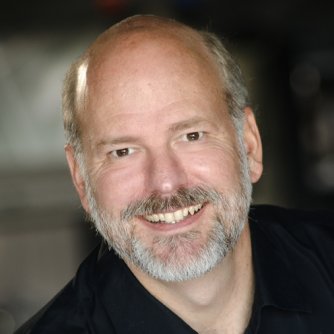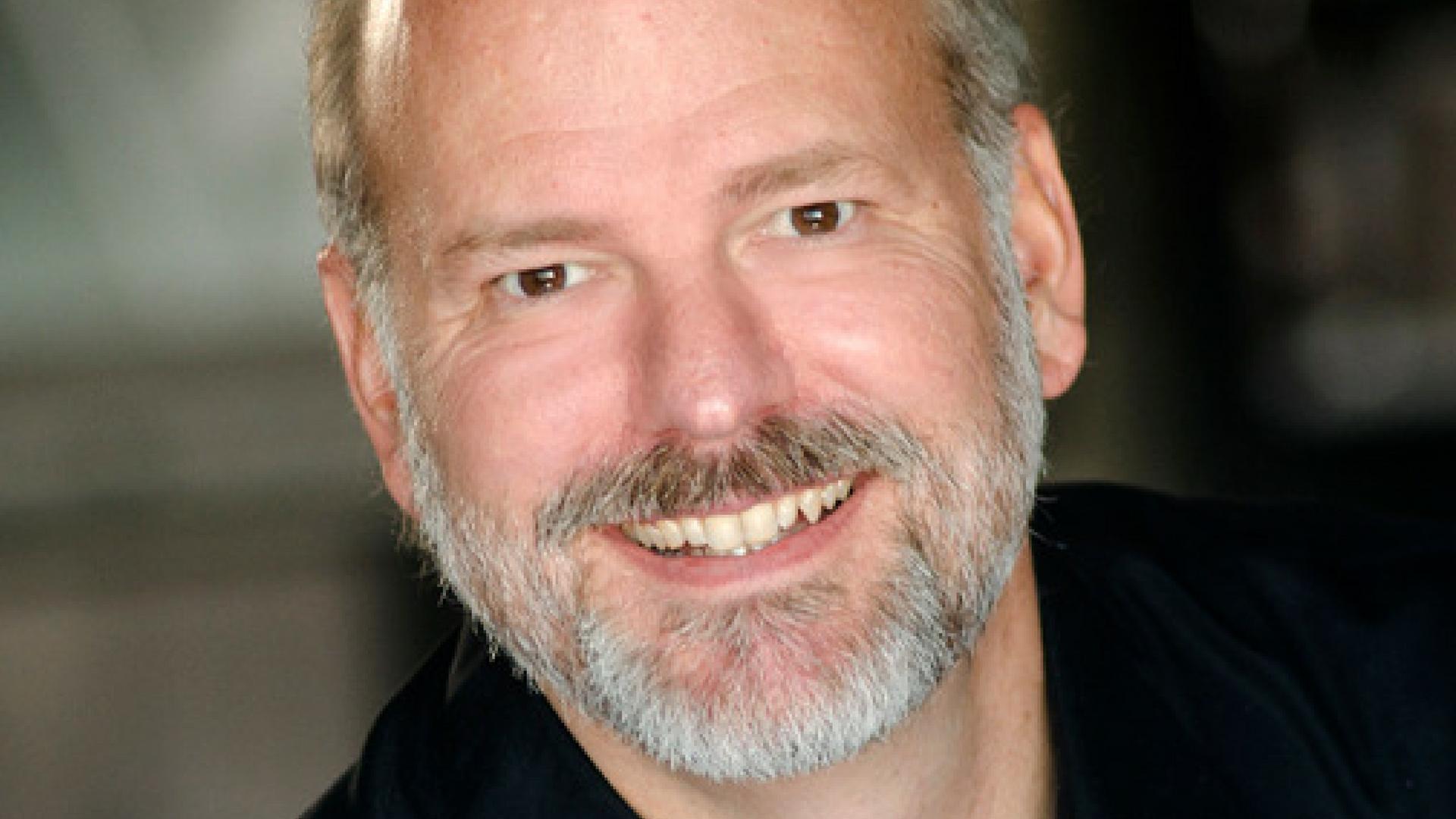
After 14 Years, CPR Classical’s David Rutherford Says Goodbye
A longtime host reflects on his years as a voice for classical music in Colorado.
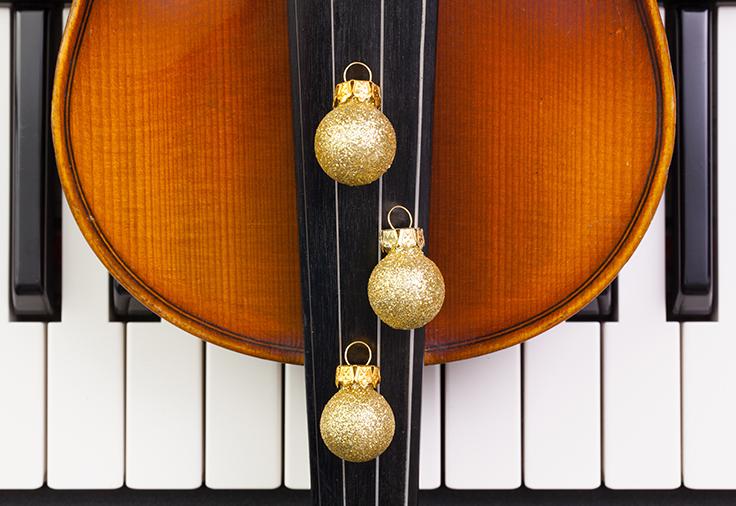
Colorado Picked Its Favorite Christmas Carols For 2018. Here’s The Top 50
View the complete results, and hear it all as part of our three-hour Carol Countdown this month!

CPR Classical’s ‘Comfort And Joy’ Shares Holiday Music From Colorado Artists
A collection of exclusive holiday music from some of Colorado’s finest classical musicians.
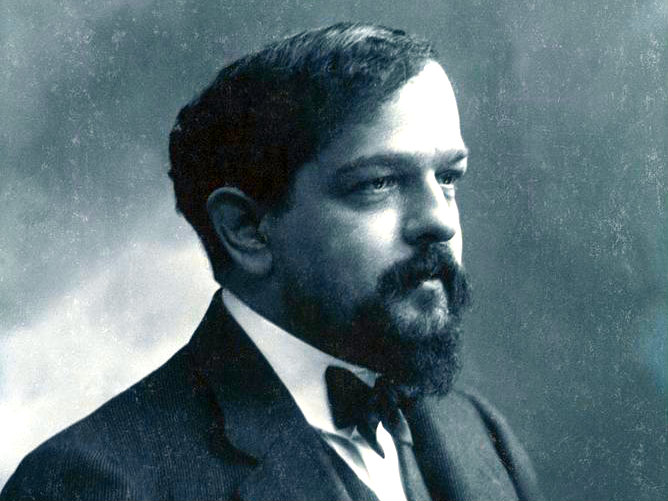
Claude Debussy’s Meditation On Childhood Still Thrills Listeners At Any Age
He wrote this dedication on the score: “To my dear Chou-Chou, with the tender apologies of her father for what is to follow.”
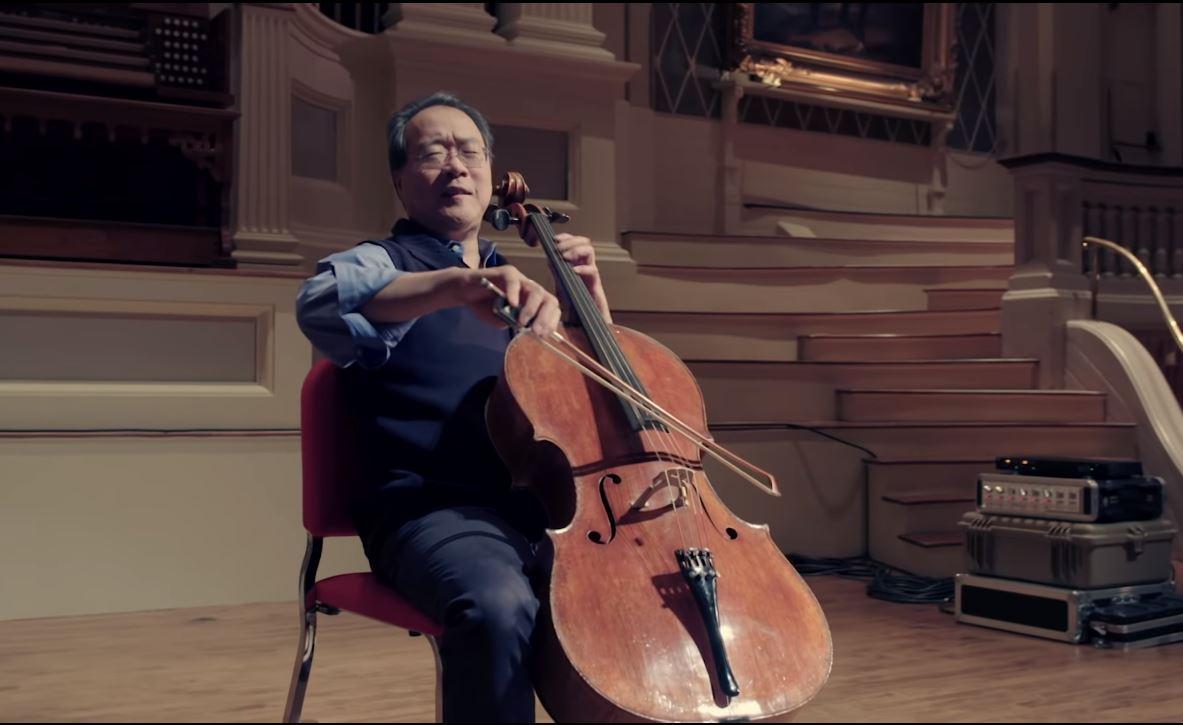
The Story Behind the Bach Cello Suites, And Why We Still Love Them Today
“Bach’s cello suites have been my constant musical companions. For almost six decades, they have given me sustenance, comfort, and joy during times of stress, celebration, and loss,” said cellist Yo-Yo Ma.
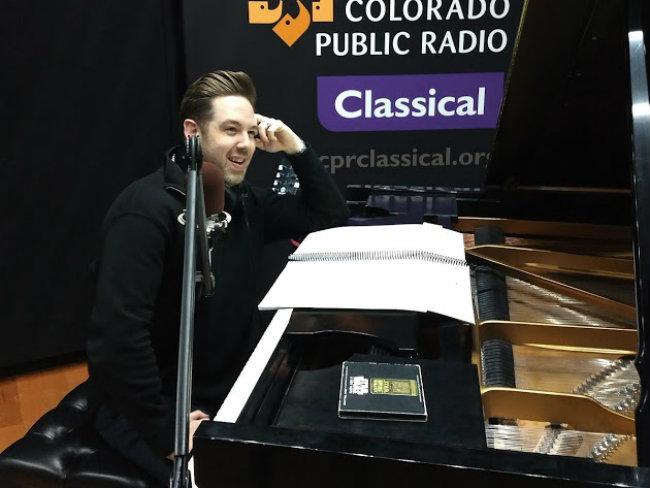
Watch: John Williams’ Music For ‘Star Wars’ Is Brilliant In Ways You Never Realized
Brett Mitchell of the Colorado Symphony on what makes it one of the greatest film scores ever.
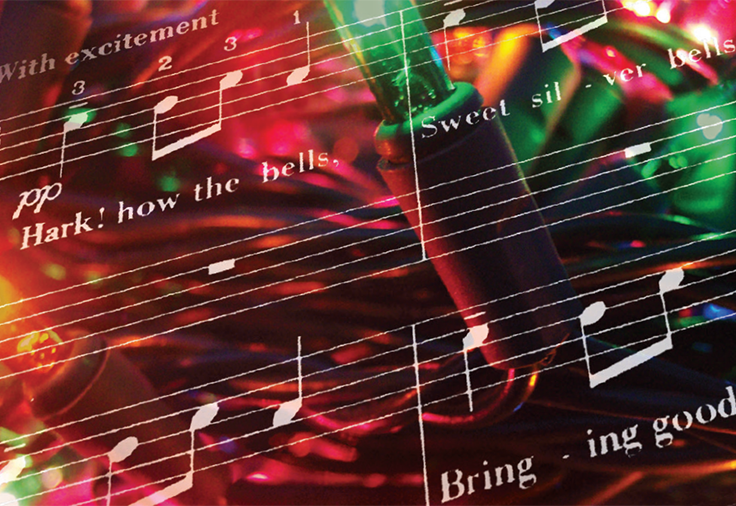
These Are Colorado’s Favorite Christmas Carols For 2017, As Selected By Our Listeners
View the complete results, and hear it all as part of our three-hour Carol Countdown this month!
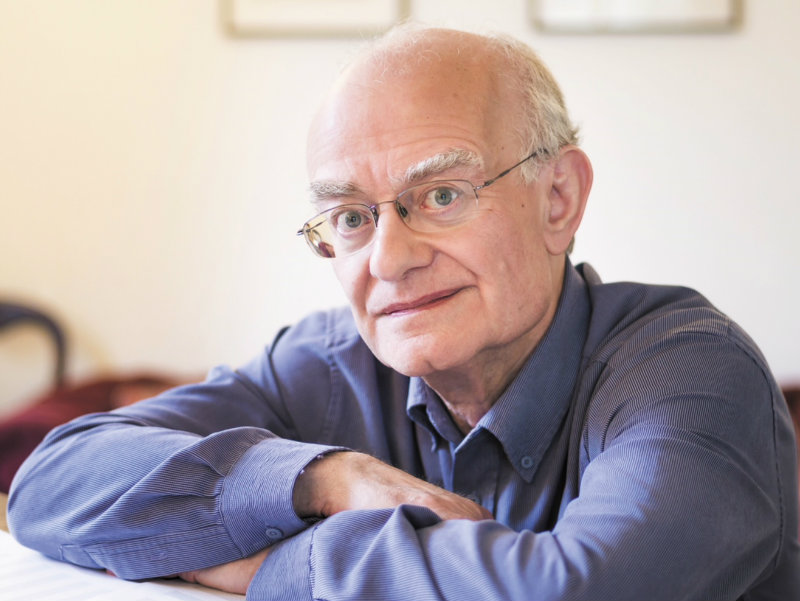
John Rutter Writes Amazing Christmas Music. Here Are 5 Pieces To Start With
Listen to ‘A John Rutter Christmas,’ a holiday special featuring exclusive interviews, this month on CPR Classical.

The Results Are In: Here Are Colorado’s Favorite Christmas Carols For 2016
An old favorite reclaims the top spot in this year’s holiday poll.

2016 Carol Countdown: Vote For Your Favorite Holiday Music
Here’s your chance to pick your most beloved Christmas music, and find out when to listen and hear Colorado’s favorite carols.
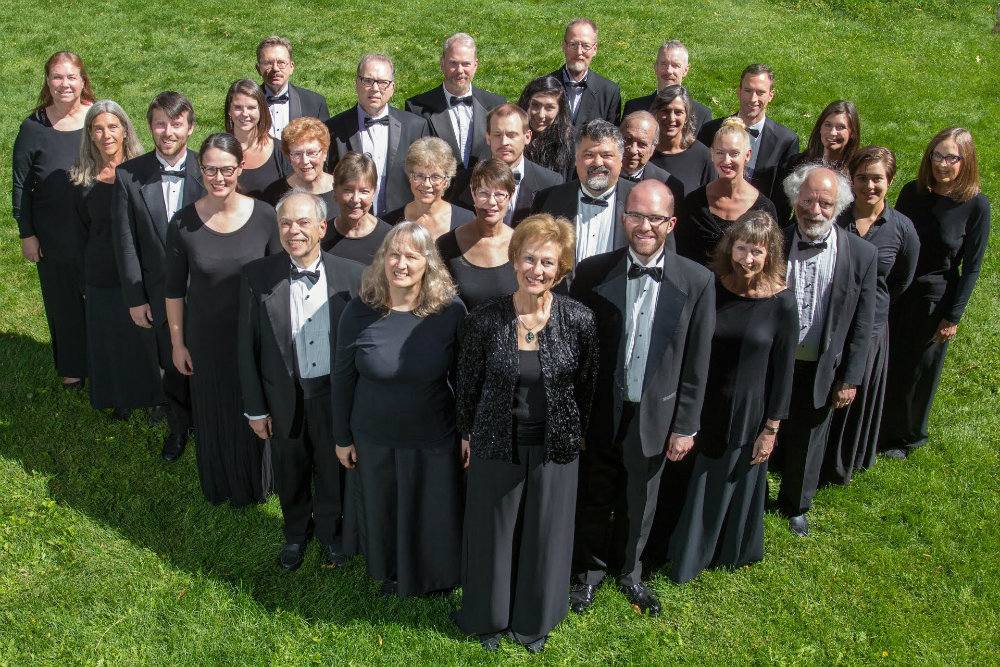
Aztec Baroque? A Boulder Choral Director On Exploring A Unique Subgenre
A Boulder-based choral group explores an unusual chapter in the history of classical music this weekend.
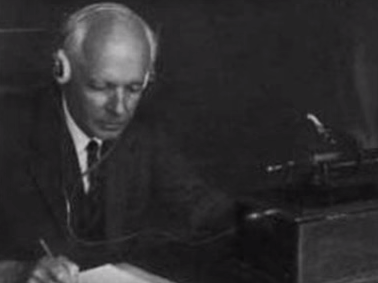
Listen: How Bela Bartok Turned Folk Melodies Into Classical Masterworks
The composer’s ‘Romanian Folk Dances,’ before and after.
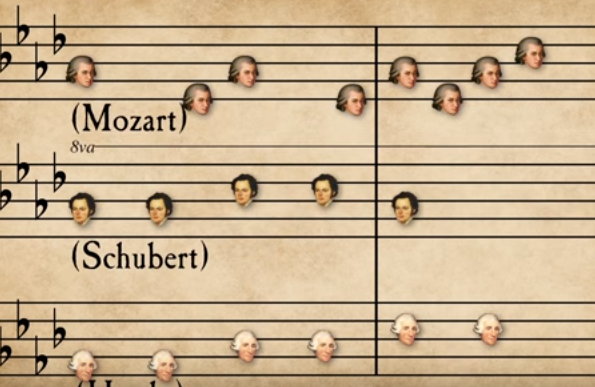
Watch: An Epic (And Very Visual) Classical Music Mashup
Can you find all 57 melodies from 33 composers?

We’ve Tallied The Votes! And The Winner Of The 2015 Carol Countdown Is …
There’s a new No. 1 in this year’s holiday poll.

Who Will Win? Vote Now In The 2015 Carol Countdown Poll
Joy to the world! The voting begins! The annual CPR Classical Carol Countdown is your opportunity to weigh in on which Christmas carol should be No. 1 on our list.
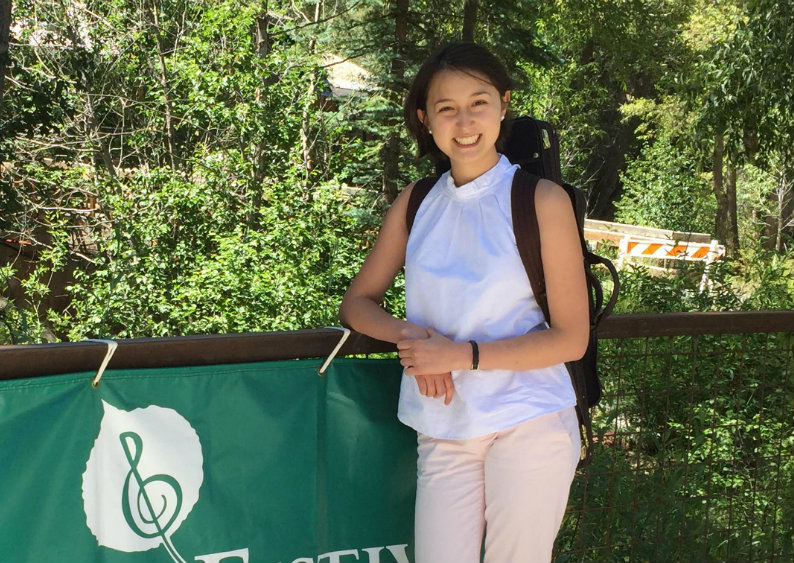
Notes From Natalie: A Violin Student’s Summer At Aspen Music Festival And School
Natalie Hodges talks with David Rutherford about a month that helped her grow as a musician.
